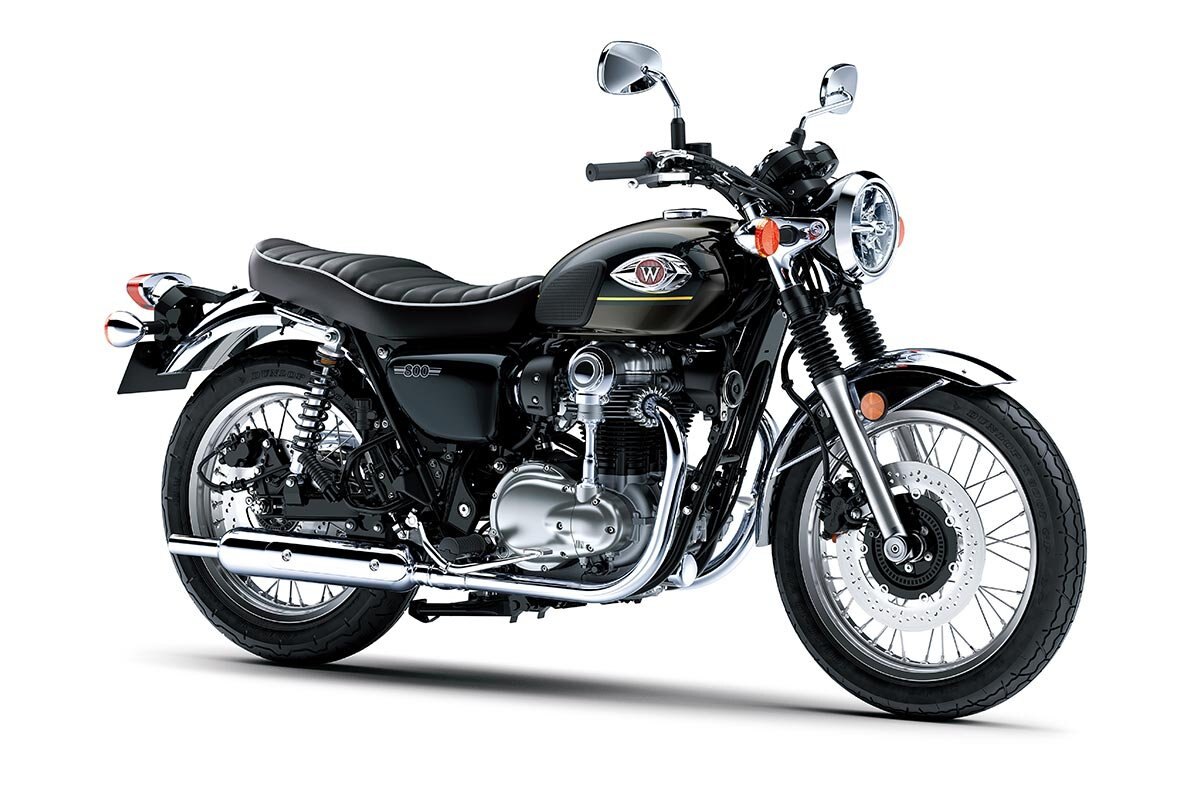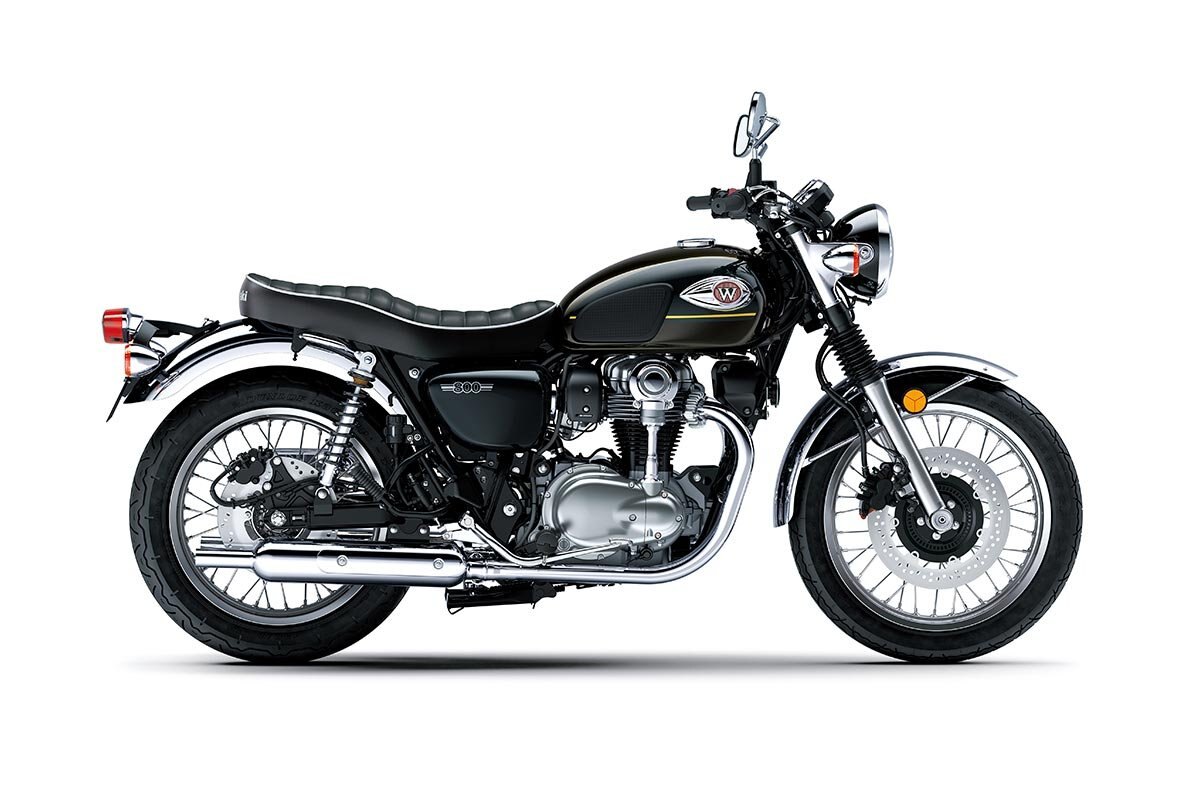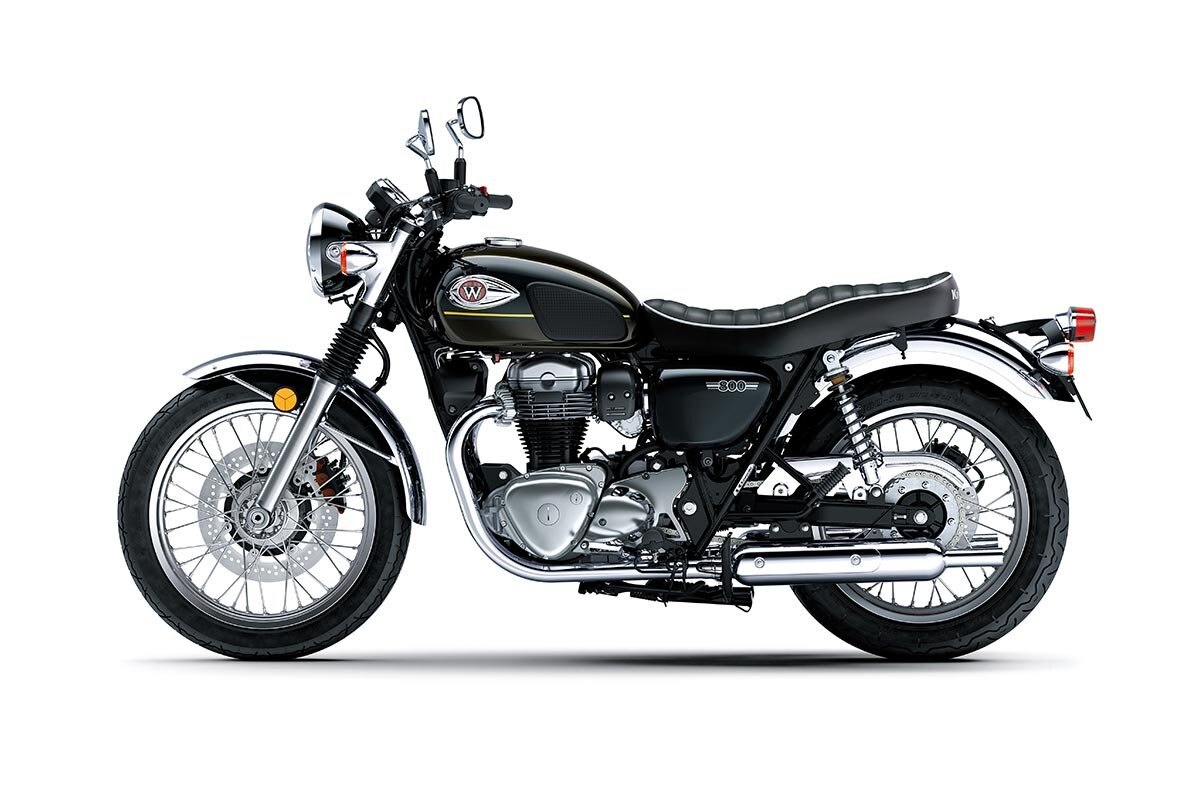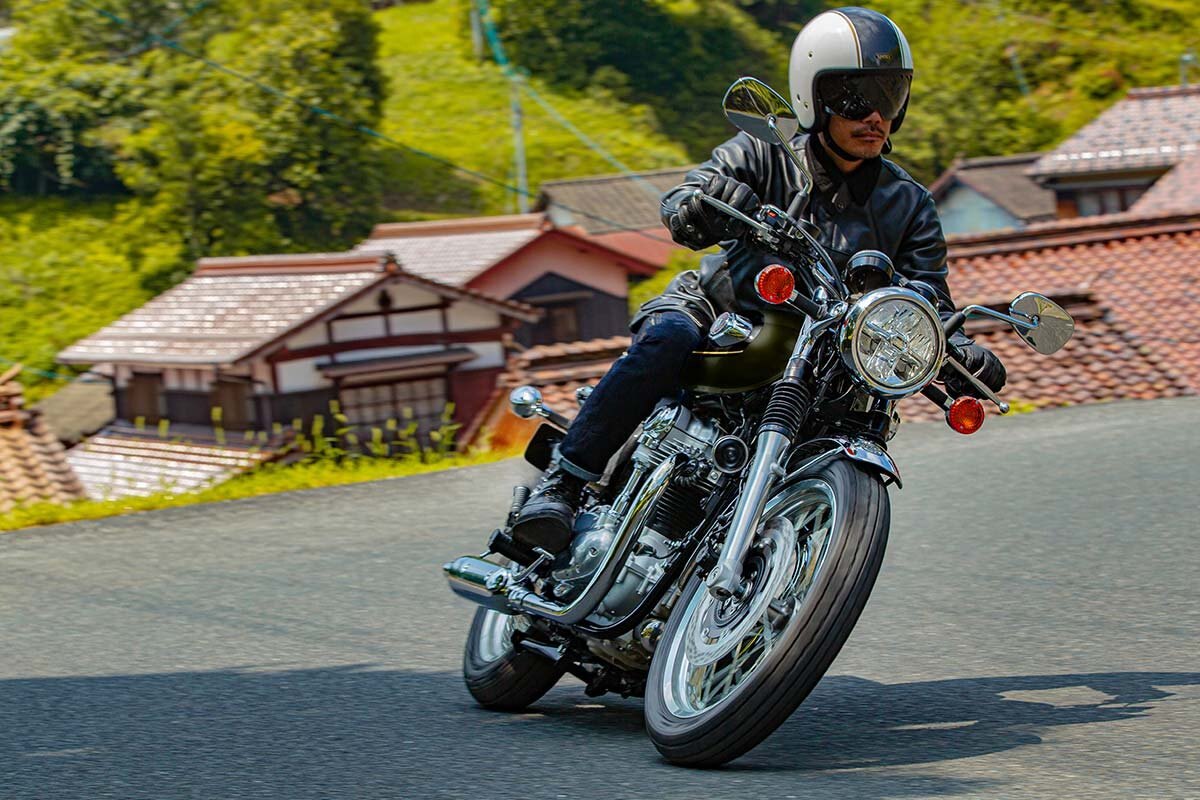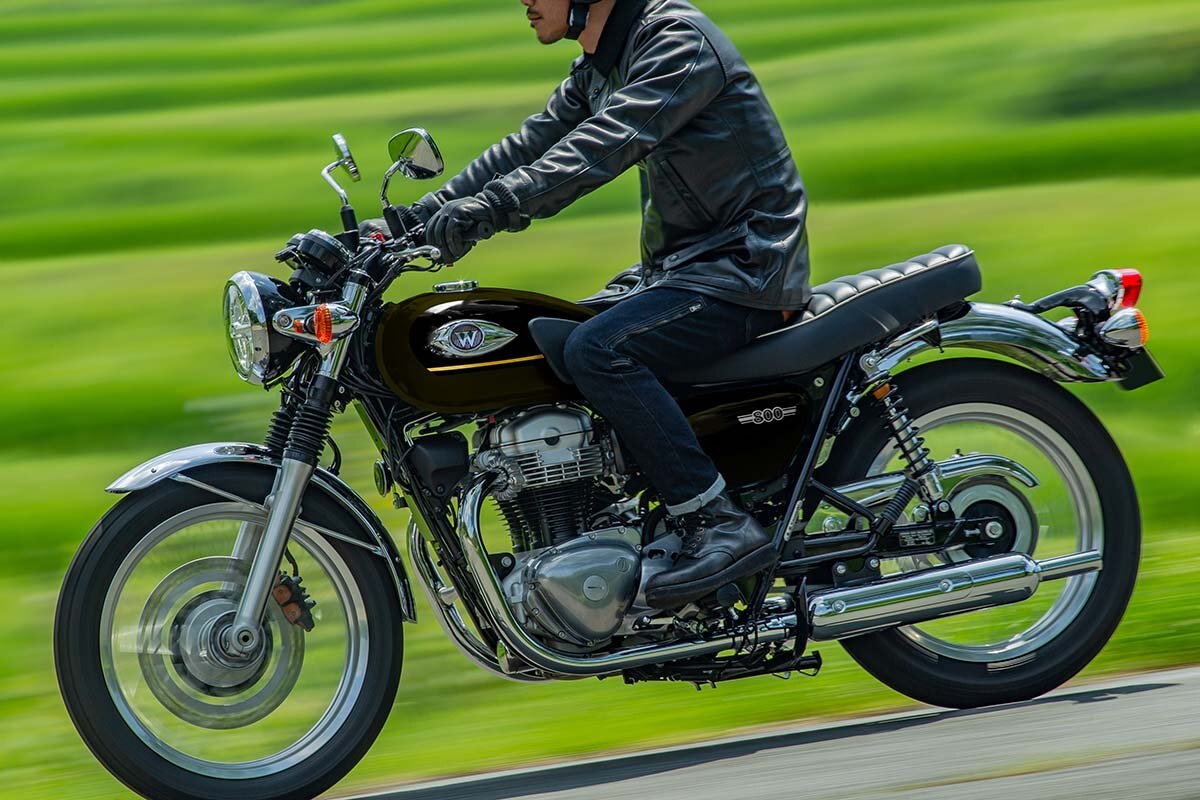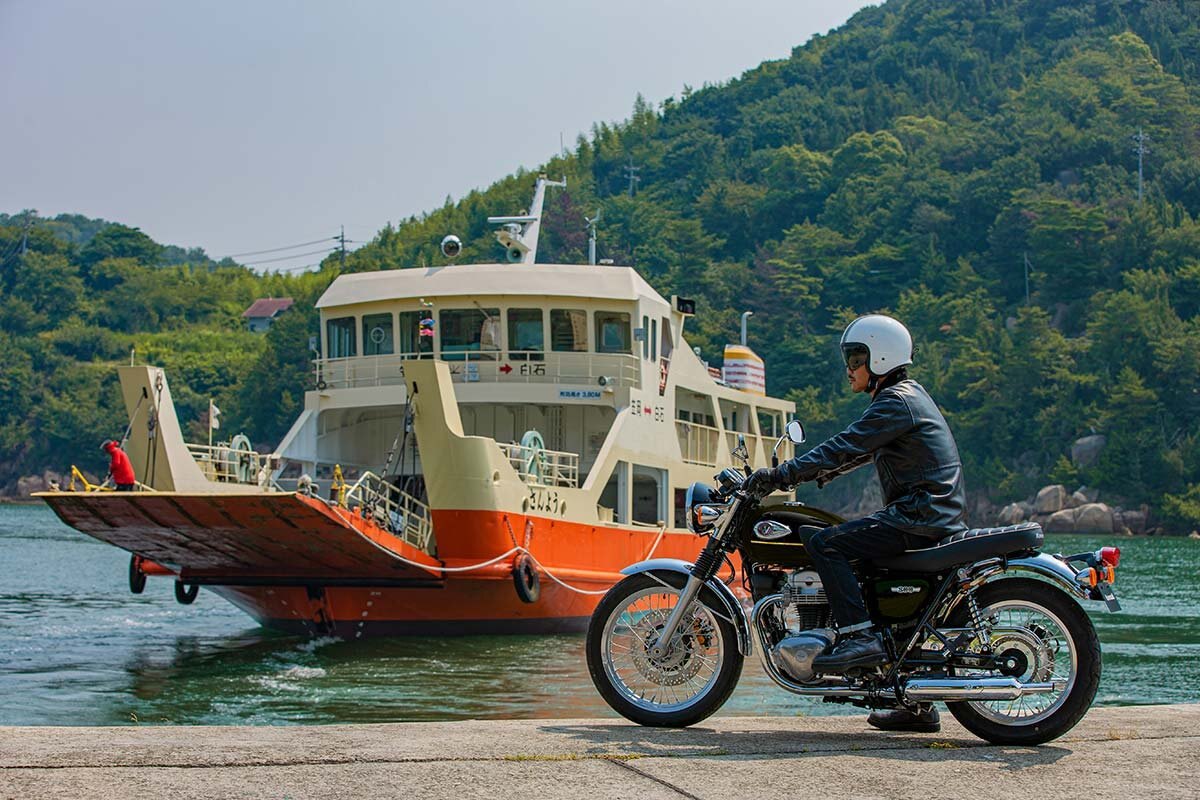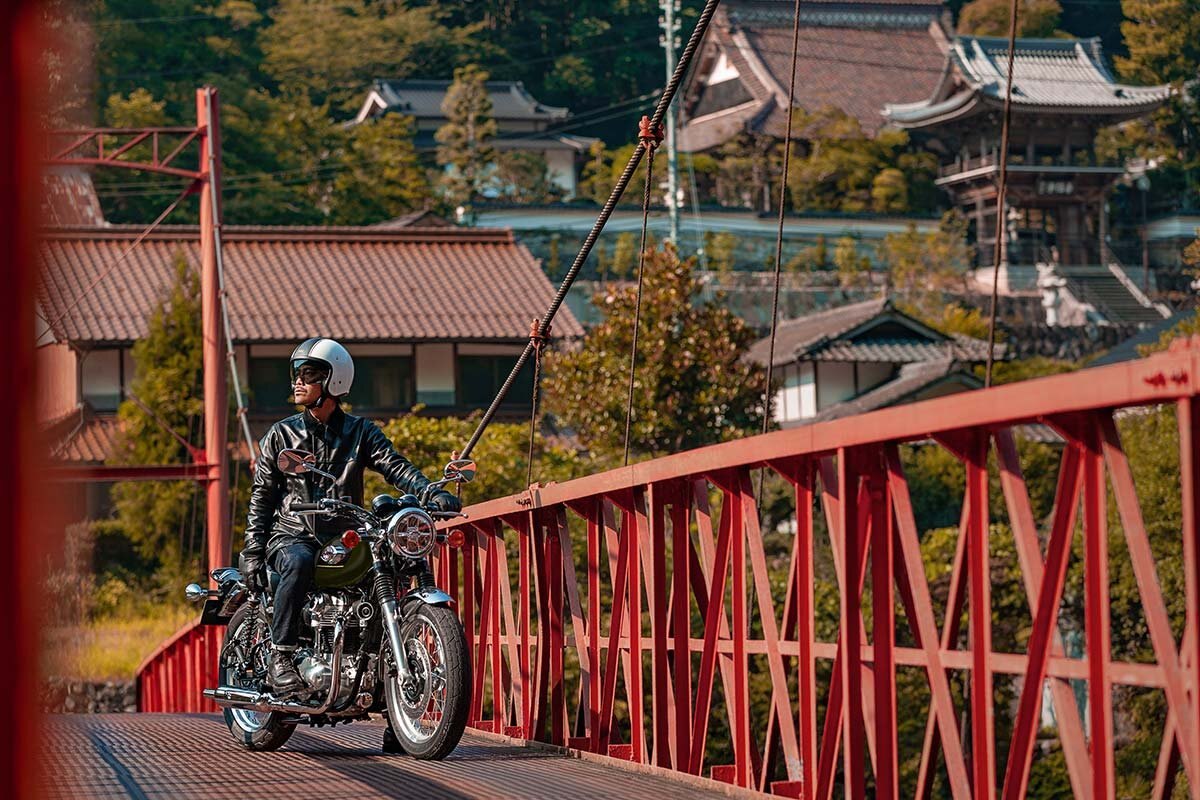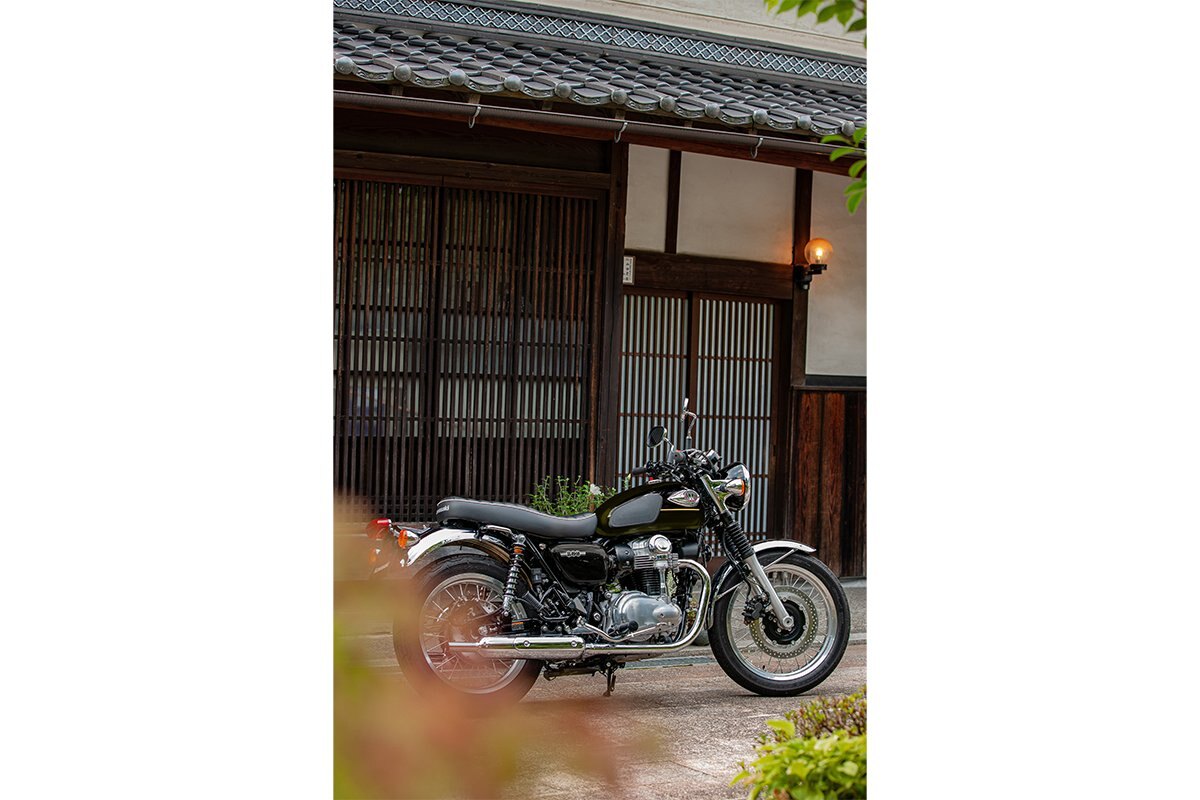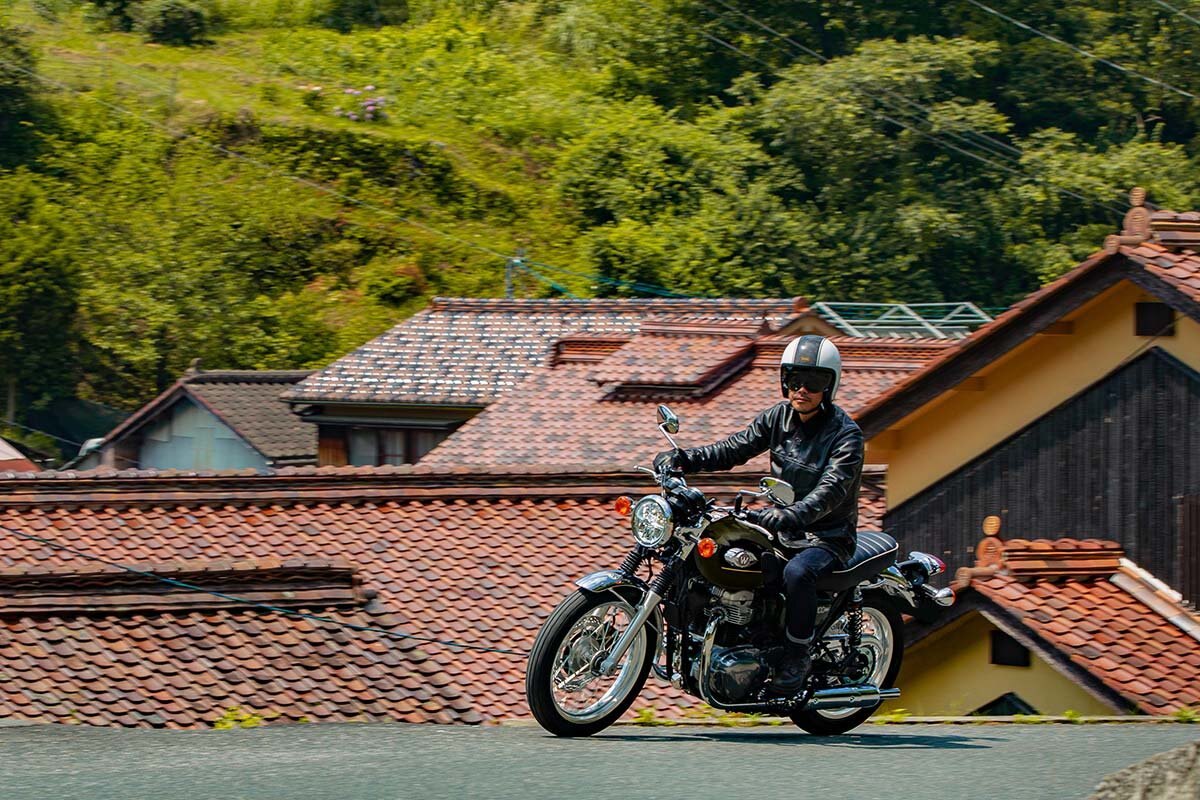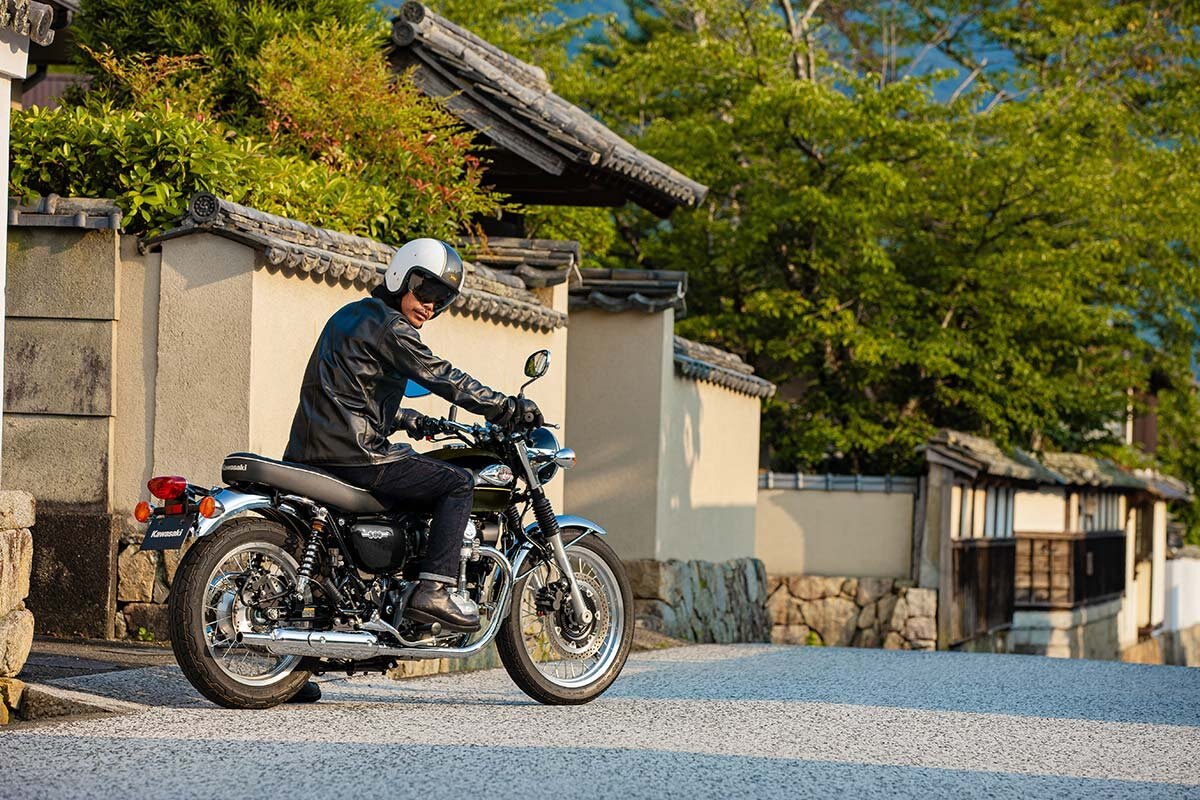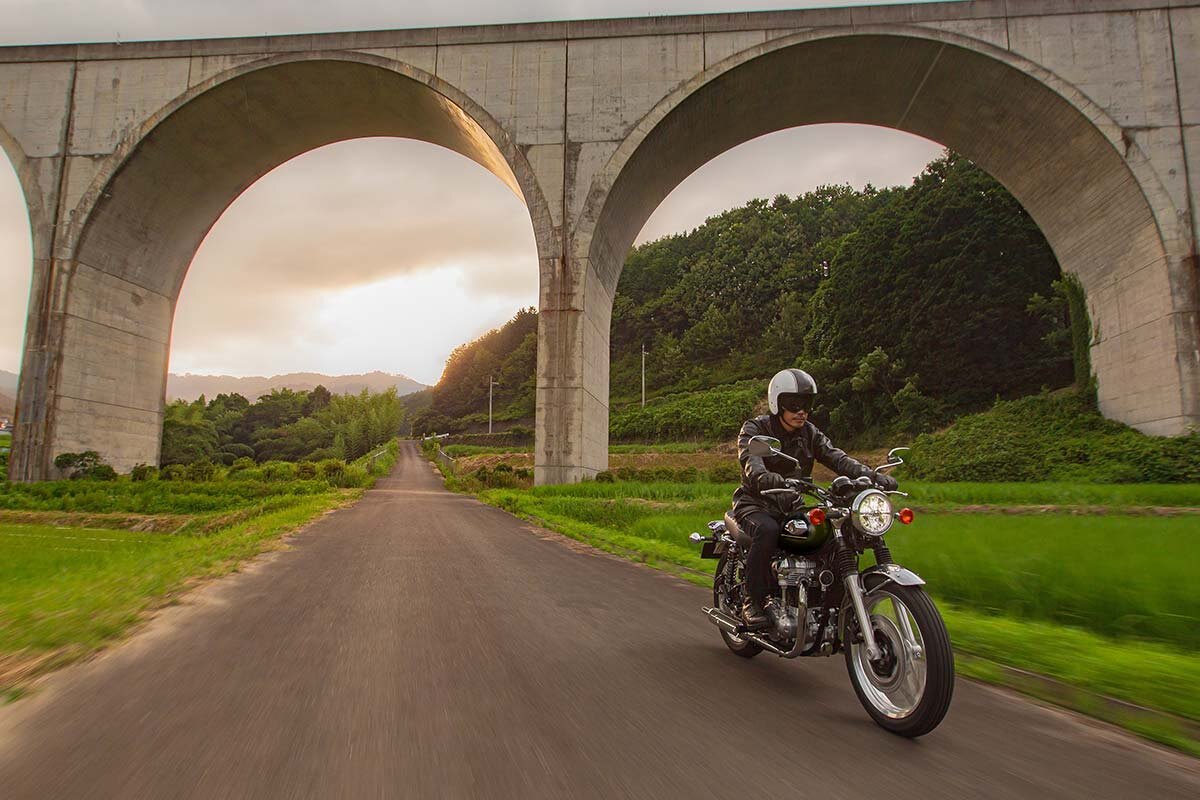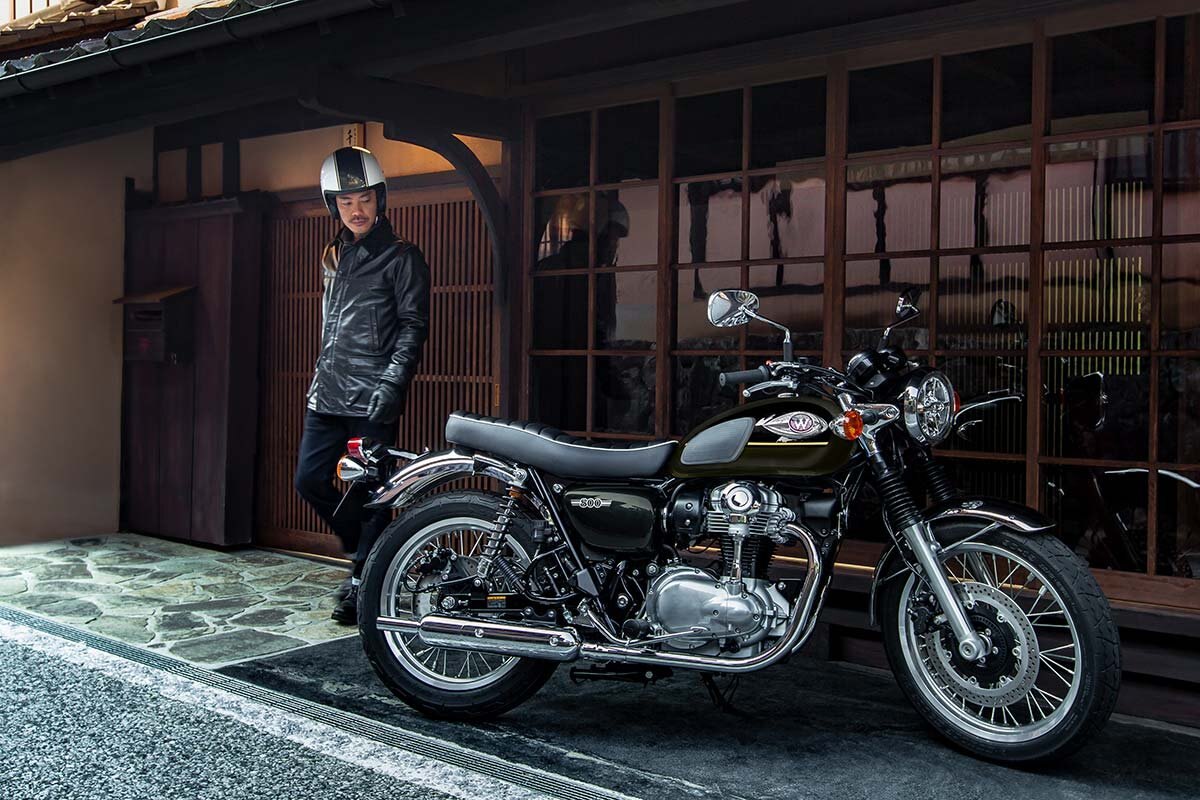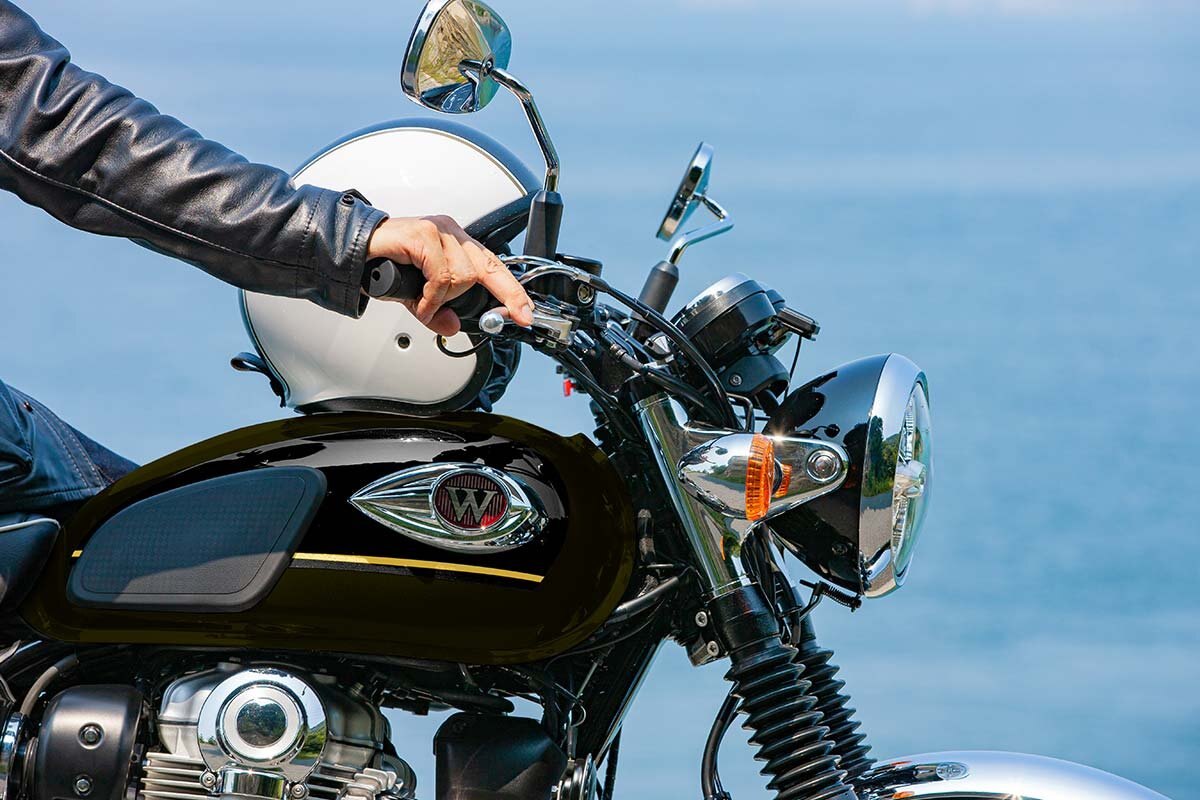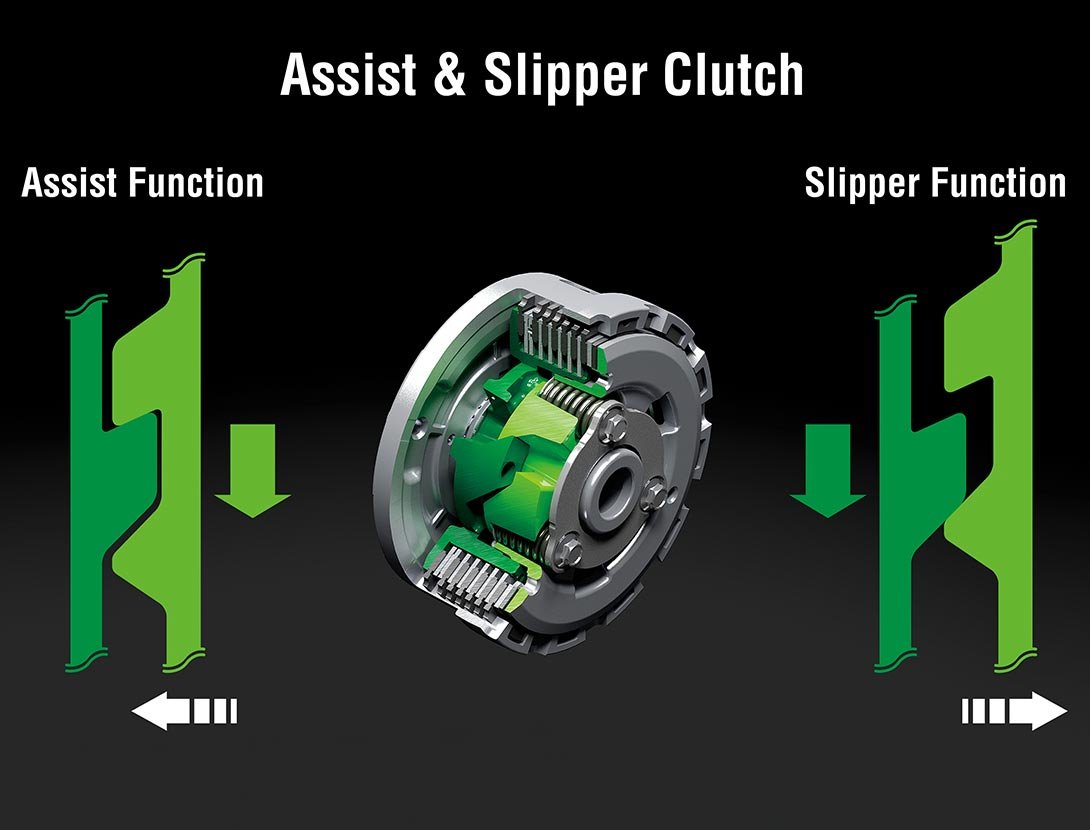












2025 Kawasaki W800
The 1960's spirit runs deep in the Kawasaki W800 retro classic lineup ...
Overview
| The 1960's spirit runs deep in the Kawasaki W800 retro classic lineup. With every rev, its iconic heritage is unmistakable. Preserving the original classic style, it demands the same respect it did 50 years ago. A true icon never dies, and the Kawasaki W800 is more alive than ever. To learn more about the W800's rich history, click on the link below: W: AN ORIGINAL ICON SINCE 1965 |
FEATURING:
|
ADDITIONAL VEHICLE FEATURES:
|
Specifications
Gallery
technology
Engine Management Technology
ASSIST & SLIPPER CLUTCH
|
Sound TuningKawasaki has long had a reputation for building great-sounding bikes – a characteristic inherent in the Kawasaki engine architecture – but it is only recently that effort has been put into crafting a specific auditory experience through careful sound tuning of either the intake or exhaust system. Designed specifically to allow riders to enjoy their motorcycles aurally as well as physically, the carefully crafted auditory notes can be the key components of the street riding exhilaration offered by models that have benefitted from sound tuning. Sound tuning can include conducting sound research, designing intake and exhaust system components based on an acoustic test carried out in a sound room, and careful consideration of every detail of a system’s components to ensure a balance of performance and the desired sound. |
ELECTRONIC CRUISE CONTROLElectronic Cruise Control allows a desired speed (engine rpm) to be maintained with the simple press of a button. Once activated, the rider does not have to constantly apply the throttle. This reduces stress on the right hand when traveling long distances, enabling relaxed cruising and contributing to a high level of riding comfort. |
Chassis Management TechnologyABS (ANTI-LOCK BRAKE SYSTEM)Kawasaki ABS systems use front and rear wheel sensors to constantly monitor wheel speed. Should information from either of the sensors indicate that wheel lock has occurred, the ABS ECU directs the pump in the ABS unit to modulate brake fluid pressure (releasing and reapplying pressure so that traction can be regained) until normal operation resumes. ABS offers rider reassurance that contributes to greater riding enjoyment. |

